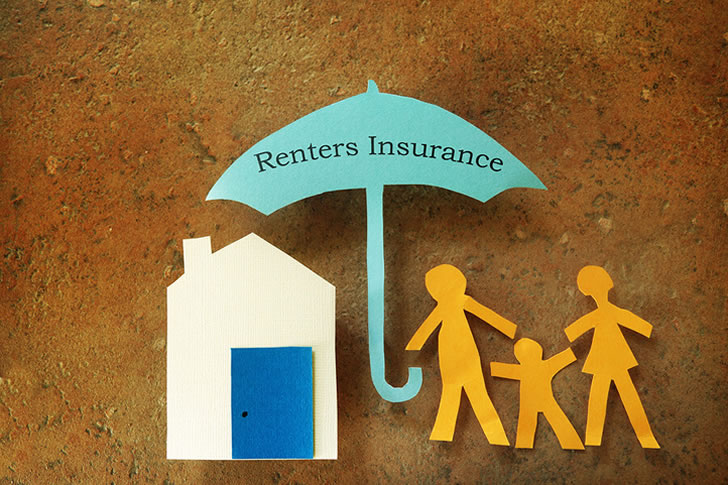Guide to Finding Cost-Effective Renters Insurance
Understanding renters insurance is essential for tenants seeking to protect their belongings from theft, disasters, or accidents. This guide helps find cost-effective, comprehensive coverage tailored to various living situations and locations.

Understanding Renters Insurance
Renters insurance is a bundle of coverages that includes protection for your personal property, liability in case someone is injured in your rental, and additional living expenses if your residence becomes uninhabitable. It’s an essential safety net that ensures you can recover financially from loss or damage without breaking the bank.
Assessing Your Needs
Before shopping for insurance, assess the value of your belongings to determine how much coverage you need. Make an inventory of your possessions, noting high-value items like electronics, jewelry, and furniture. Also, consider potential liabilities and whether you need additional coverage for risks not included in standard policies, such as floods or earthquakes.
Cost of 2024 Renters Insurance
The cost of renters insurance varies widely depending on several factors, including the location of the rental property, the value of the renter’s personal belongings, and the level of coverage chosen. On average, renters insurance in the United States costs between $15 and $30 per month. However, renters in urban areas with higher theft rates or in regions prone to natural disasters may see higher premiums. Additionally, the amount of deductible chosen—typically ranging from $500 to $2,000—can also affect monthly costs. Renters can often reduce their premiums by bundling insurance policies or by installing safety features such as fire alarms and burglar alarms in their rental unit.
Several factors can influence the cost of your renters insurance:
- Location: Areas prone to theft, natural disasters, or high living costs can see higher premiums.
- Coverage Amount: More coverage means higher premiums, but underinsuring can leave you vulnerable.
- Deductible: A higher deductible reduces your premium but means more out-of-pocket expenses during a claim.
- Credit Score: Many insurers use credit scores to predict risk; a higher score can lead to lower premiums.
Shopping for Insurance
Compare policies from at least three different insurers to find the best rates and coverage. Use online comparison tools for quick assessments. Read customer reviews and check each insurer’s financial stability ratings through sites like A.M. Best or Standard & Poor’s.
Cost-Saving Tips
To reduce your premiums without sacrificing coverage, consider:
- Bundling Policies: Combine renters with auto insurance for a discount.
- Security Measures: Install smoke detectors, burglar alarms, and other security features to possibly lower premiums.
- Opt for Higher Deductibles: If you can afford higher out-of-pocket costs, this can significantly lower your monthly payments.
Special Considerations for Different Settings
- City Dwellers: Urban areas might have specific risks and legal stipulations that affect insurance needs and costs. Check if your city has ordinances or community rules affecting renters insurance.
- Apartments: Some apartment complexes require specific minimum coverages or have their own insurance that covers certain damages, which can influence the type and amount of insurance you need.
Practical Pricing Examples
For a clearer picture, consider these scenarios:
- Basic Coverage in a Small City: A typical policy with $30,000 in personal property coverage and a $1,000 deductible might cost around $15 per month.
- Comprehensive Coverage in a Major City: Higher risk of theft or damage could mean a policy with $50,000 coverage and a $500 deductible costs about $25 to $30 per month.
Conclusion
Finding the right renters insurance is about balancing the cost with your specific needs and risk profile. Regularly review your policy to ensure it still meets your needs, especially after major life changes or if you acquire new valuables. Consulting with insurance professionals can also provide customized advice to help you make the best decision.
Final Tips
Annually revising your coverage and keeping an updated inventory of your possessions can save you from potential headaches in the event of a claim. Remember, the cheapest policy is not always the best; prioritize adequate coverage to fully protect yourself and your belongings.







Recent Comments